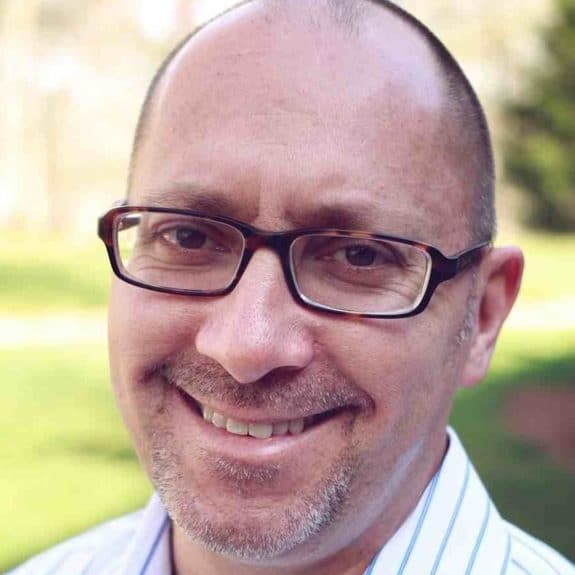Richard D. Land calls it “the mega-ethical issue of our time,” and how one answers the question sets a course for an entire worldview.
“What and who is man? That impacts everything,” Land, president of Southern Evangelical Seminary in Charlotte, N.C., told the TEXAN. “Are we different in kind or merely in degree from the rest of creation? If you believe that human beings are just the most sophisticated mammal and by the luck of the draw we got the frontal lobe and the thumb first, then there is not inherent superiority or inherent value to human beings.
“Are we different in kind or merely in degree from the rest of creation? If you believe that human beings are just the most sophisticated mammal and by the luck of the draw we got the frontal lobe and the thumb first, then there is not inherent superiority or inherent value to human beings.”
“If that’s the case, anything that can be done to an animal can be done to a human being.”
Filtering the question through the scope of emerging technologies—intelligence-driven robotics, digital nanotechnology, genetics, medical advances, issues of gender and sexuality—the potential for ethical chaos becomes evident.
Land said the warp speed of technological advancement coupled with the loss of theological truth has led to a world where situation ethics has met its opportunity, and the possibilities are troubling.
Joseph Fletcher, who championed situation ethics, argued in the 1960s that “sub-human” humans called “chimeras” should be created to do the drudgework of humanity.
So far, aside from a few outliers in academia, no one is seriously suggesting such horror. “But once again, it all boils down to what and who is a human being,” Land said. “There is a lot more flexibility in answering that question, unfortunately, if you accept the premise that we are only animals with merely sophisticated brains.”
In the medical field, the pressure is great to derive potential cures to save lives or enhance quality of life for a host of diseases from embryonic and fetal stem cells, and the science behind it, though still debatable as to its efficacy, has some prominent advocates.
Hockey legend Gordie Howe, 87, and former NFL MVP quarterback John Brodie, 79, went public earlier this year about using experimental stem cell treatments abroad to help them overcome the debilitating effects of stroke, including dementia and immobility.
When the news broke, the California biotech firm behind the treatments led the public to believe the men received stem cells derived from adult humans. Turns out, according to a story in USA Today, the “adult” stem cells were from two sources: a young adult male (bone marrow cells) and an aborted fetus (neural cells from the brain tissue of an unborn baby 14-16 weeks gestation).
Stemedica Cell Technologies later admitted that the fetal stem cells were adult in the sense that they were “mature” as opposed to the undeveloped, “blank” cells of an embryo.
According to USA Today, the men, especially Howe, “were seemingly sparked back to life after reaching the precipice of death.”
“Now, can you imagine the allure?” Land asked. He added that a heart surgeon he spoke with predicted that within a decade his job would be obsolete; stem cells, the doctor predicted, would be injected into the heart to regenerate dead tissue.
Southern Evangelical Seminary has been a leader in training pastors and lay leaders in Christian apologetics. SES is tackling the issue of emerging technology ethics as an apologetical challenge.
In May, SES hosted a symposium, “Ethics of Emerging Technology: The Dialogue Begins,” posing the question of man’s essence and discussing “could” versus “should” in the realm of technology. They even dedicated a webpage, ethics.ses.edu, to ongoing discussion of the issue.
“Everything is determined by how you answer the question, who and what is a human being? It affects the gender issue: Are we created male and female? Is there a difference in kind between us and the animals? Let’s talk about the consequences if there is no difference.”
Land said the myth of American culture and science is that change is progress. “Sometimes it is, sometimes it isn’t,” he said. “And it is seldom progress without tradeoffs. We need to at least talk about what the tradeoffs are.”














